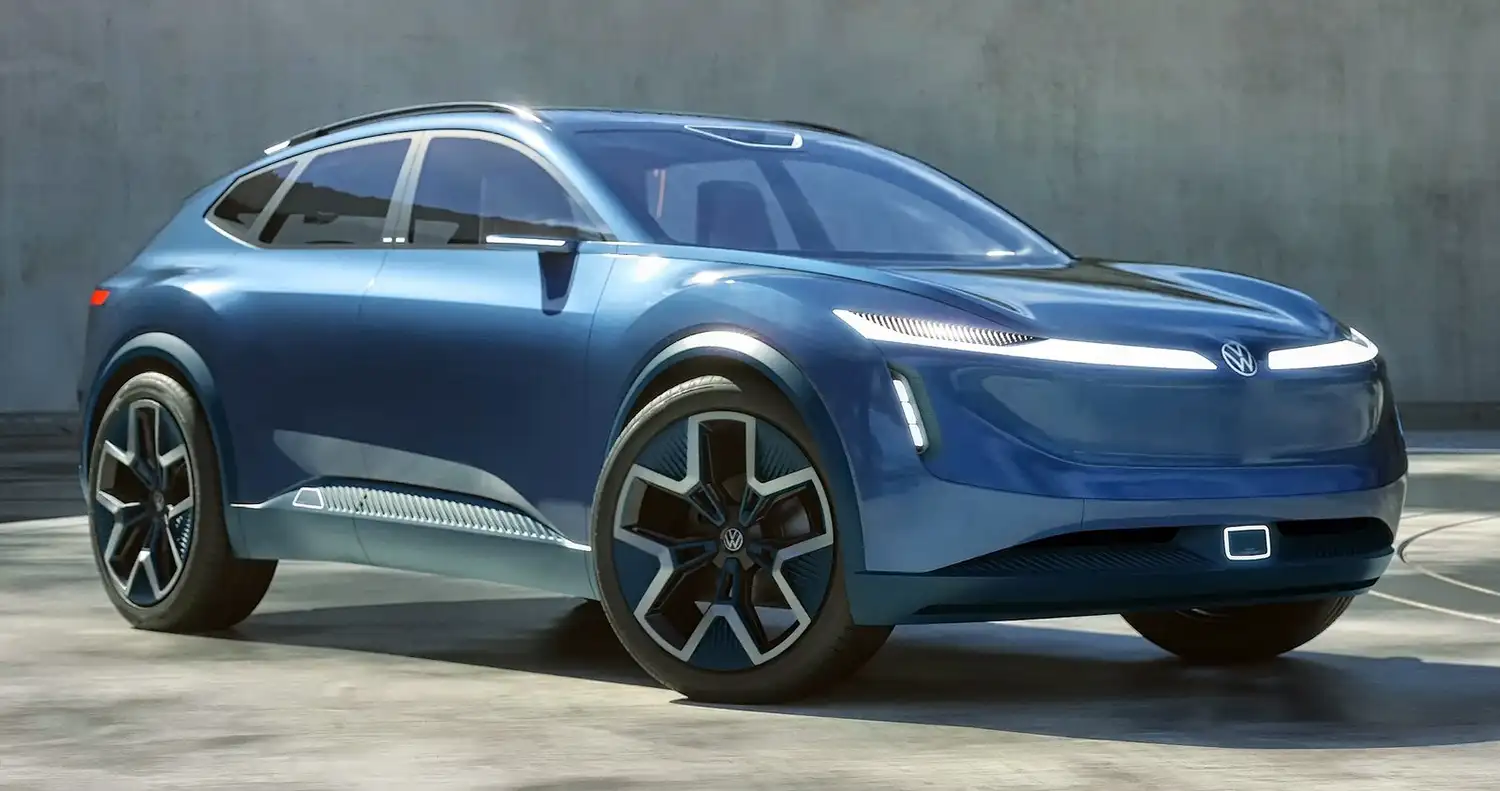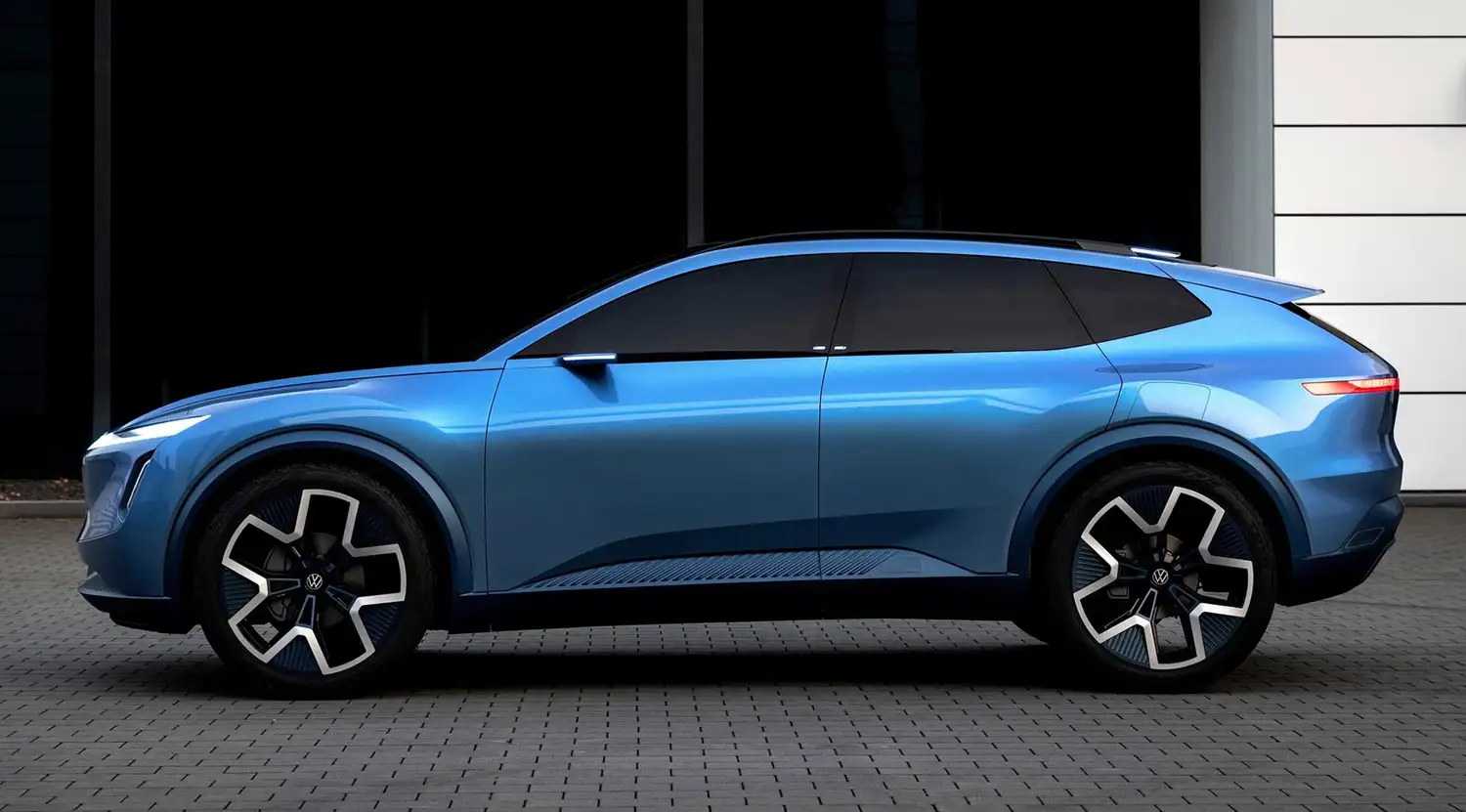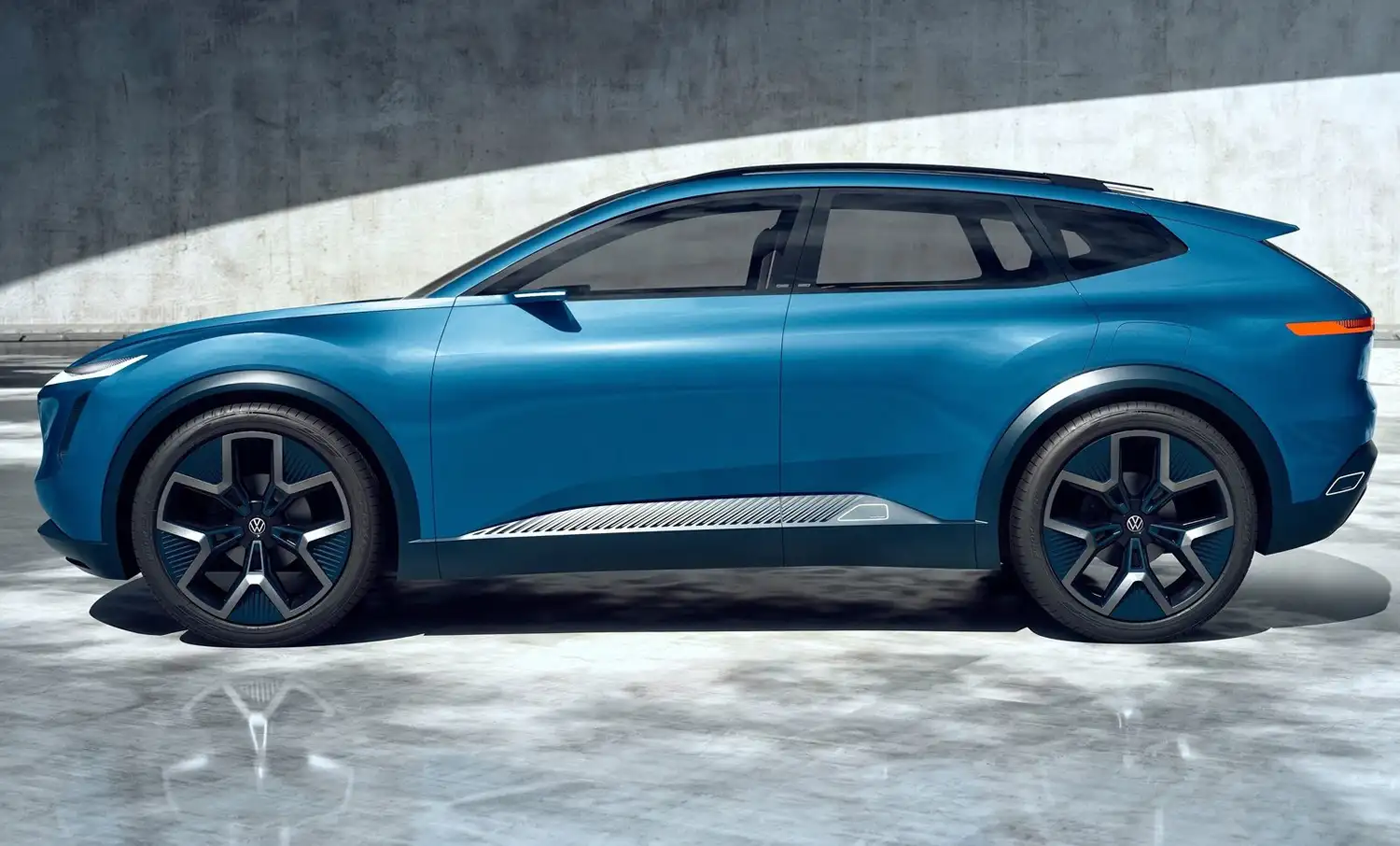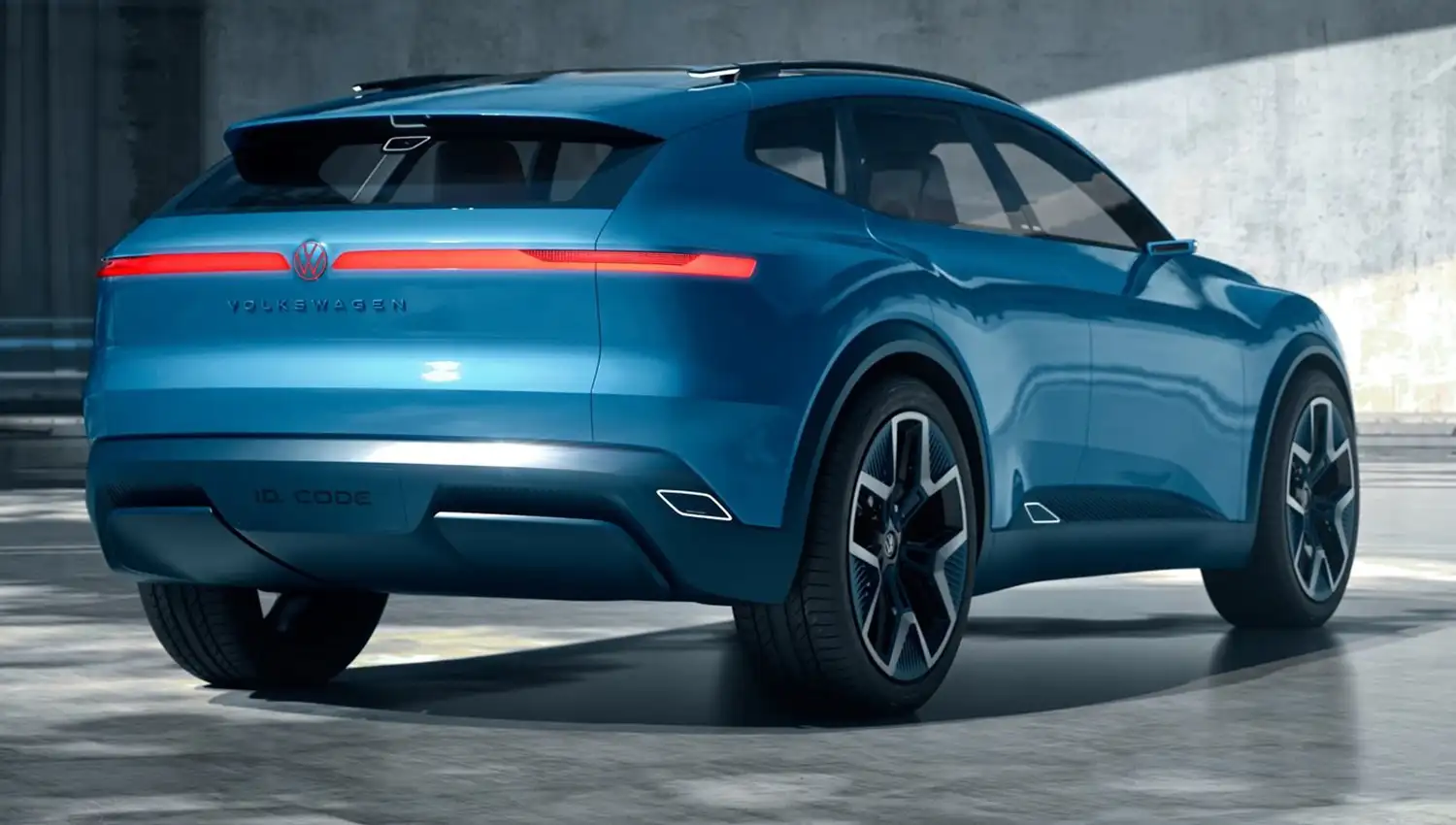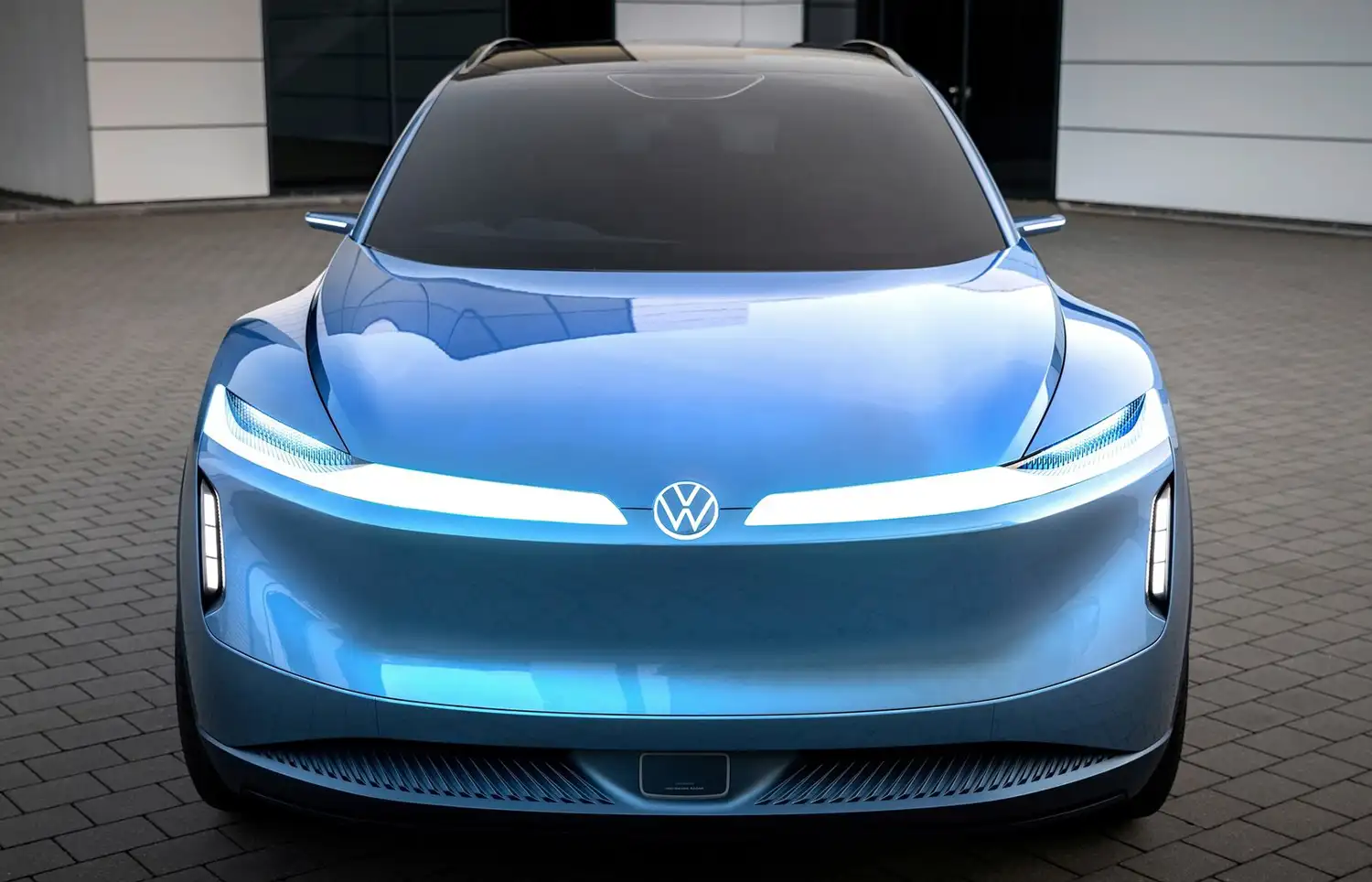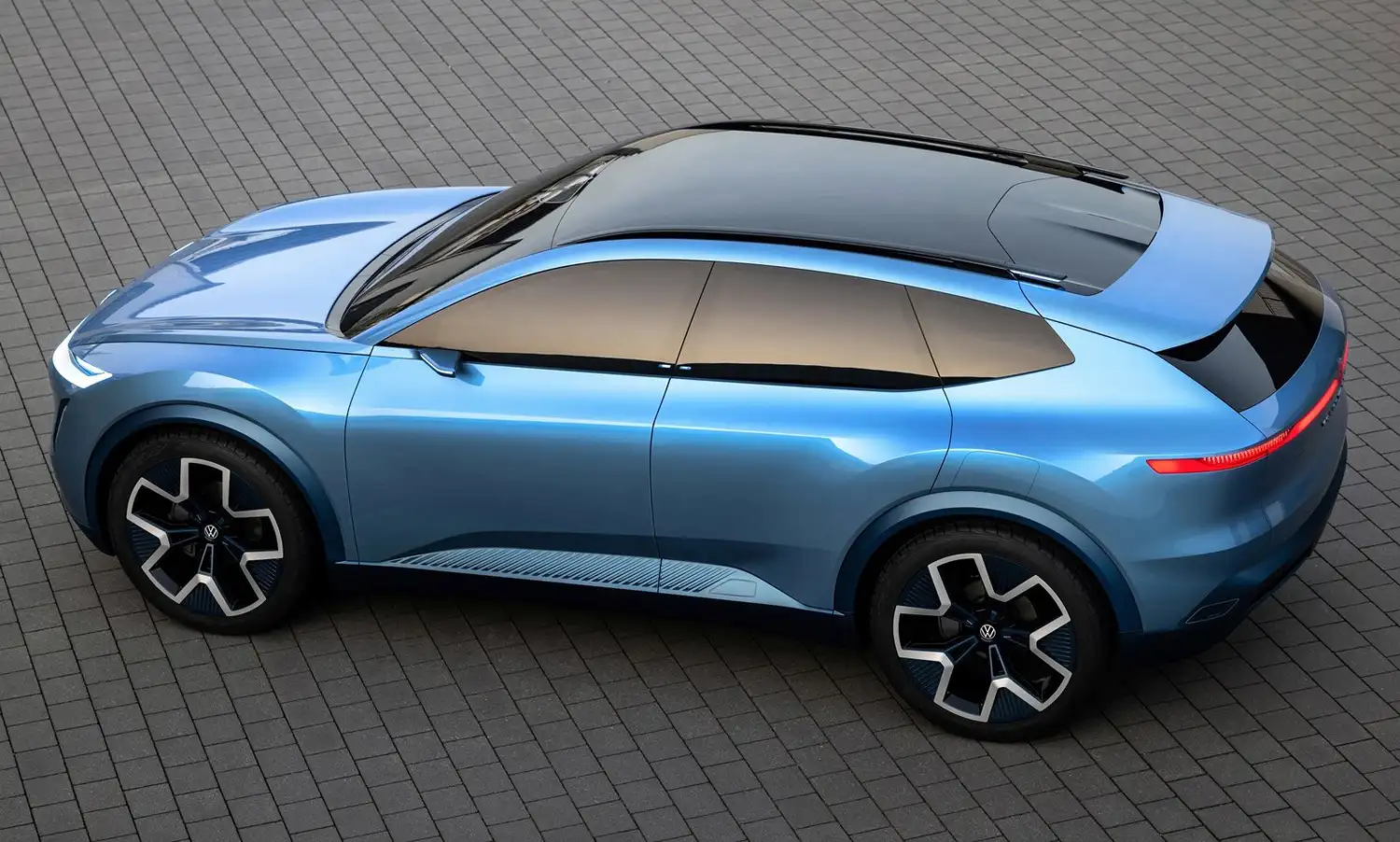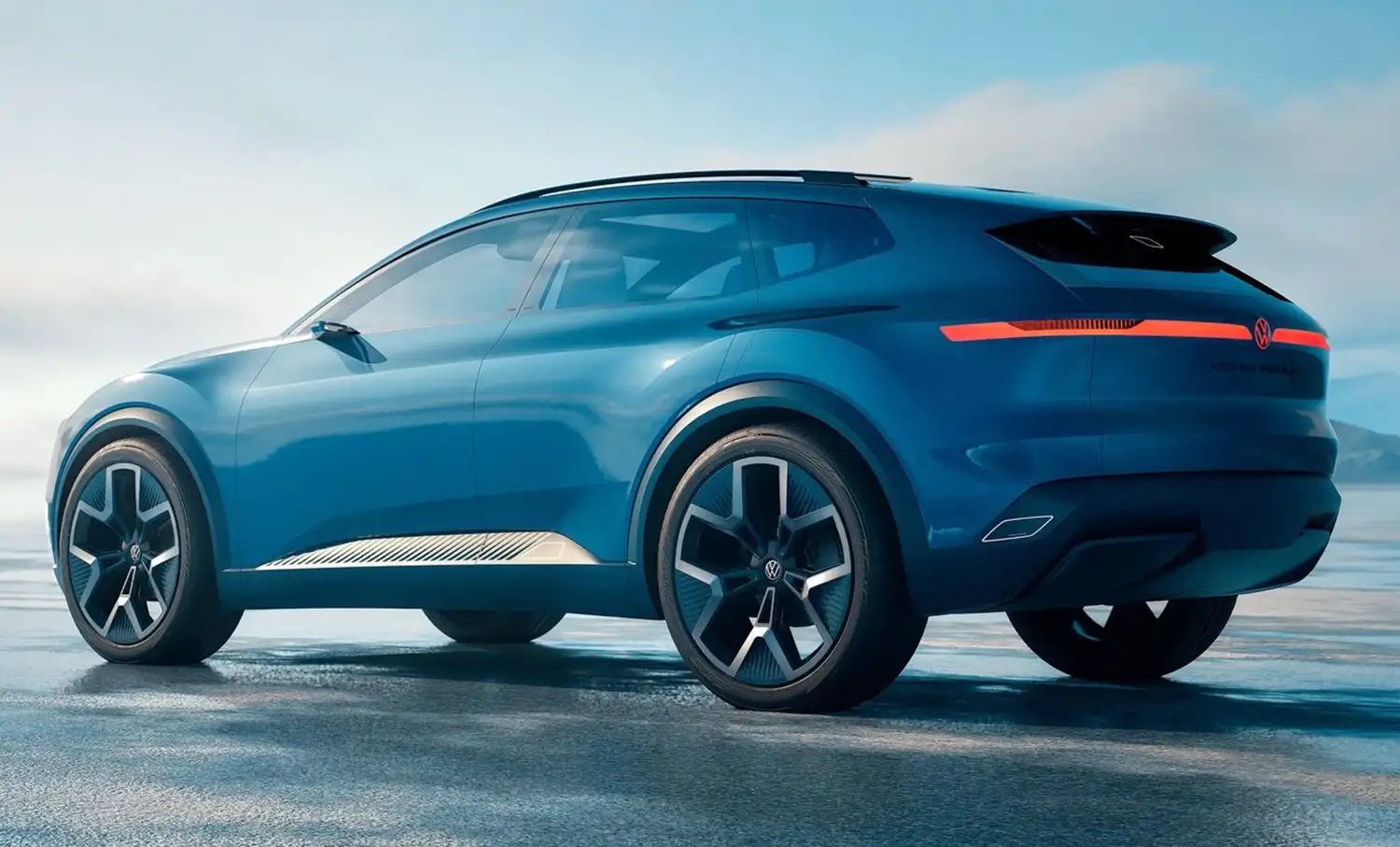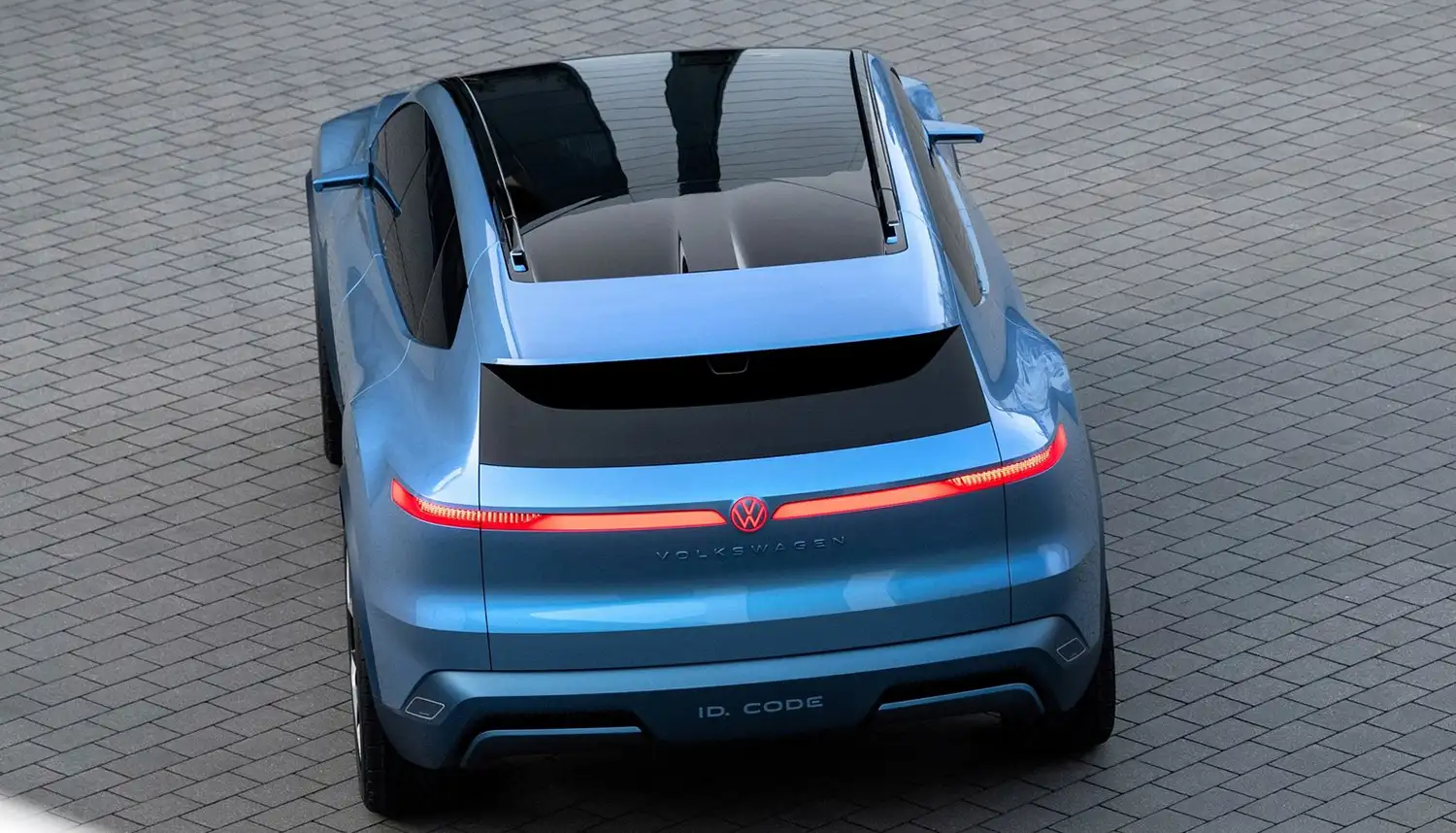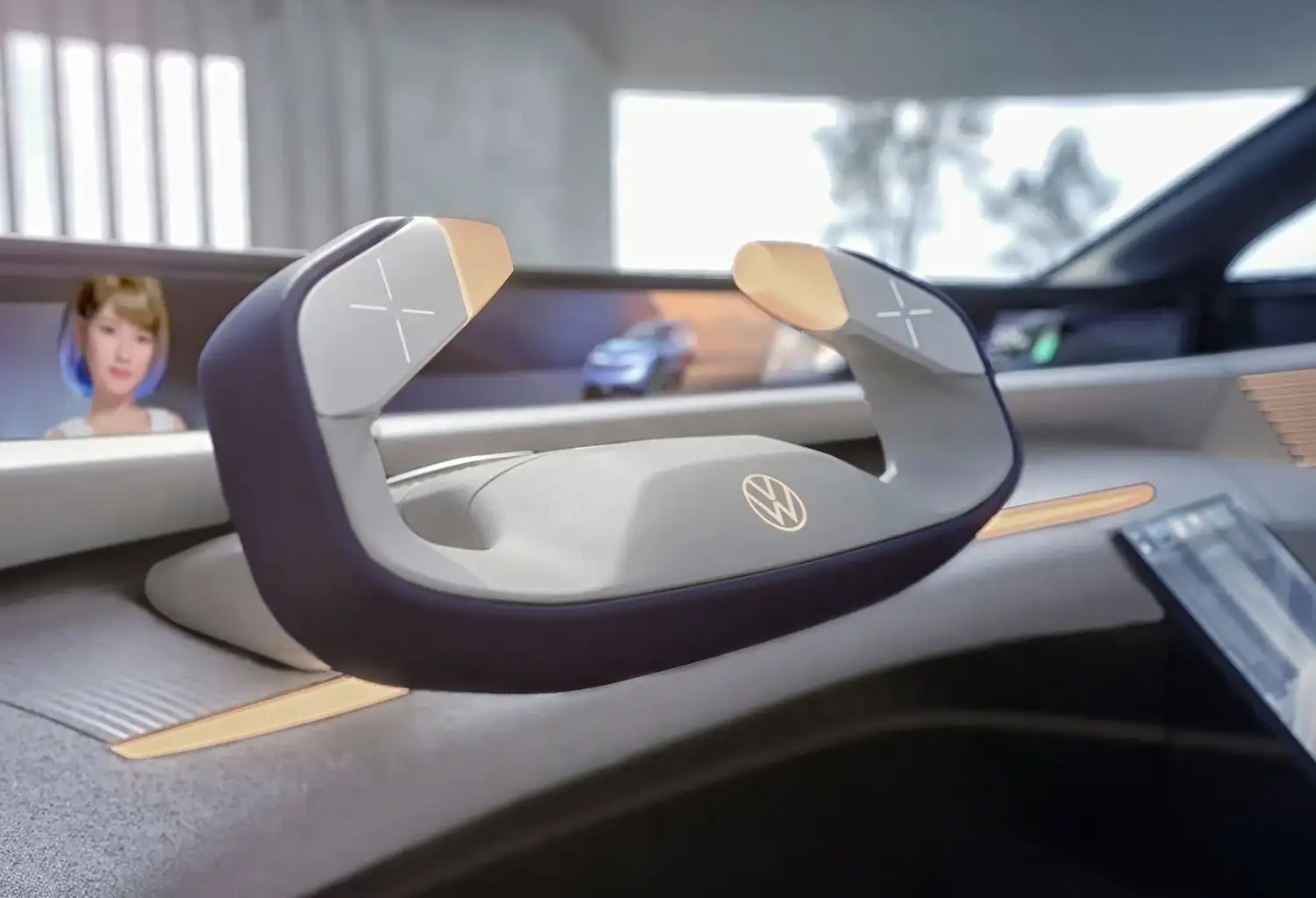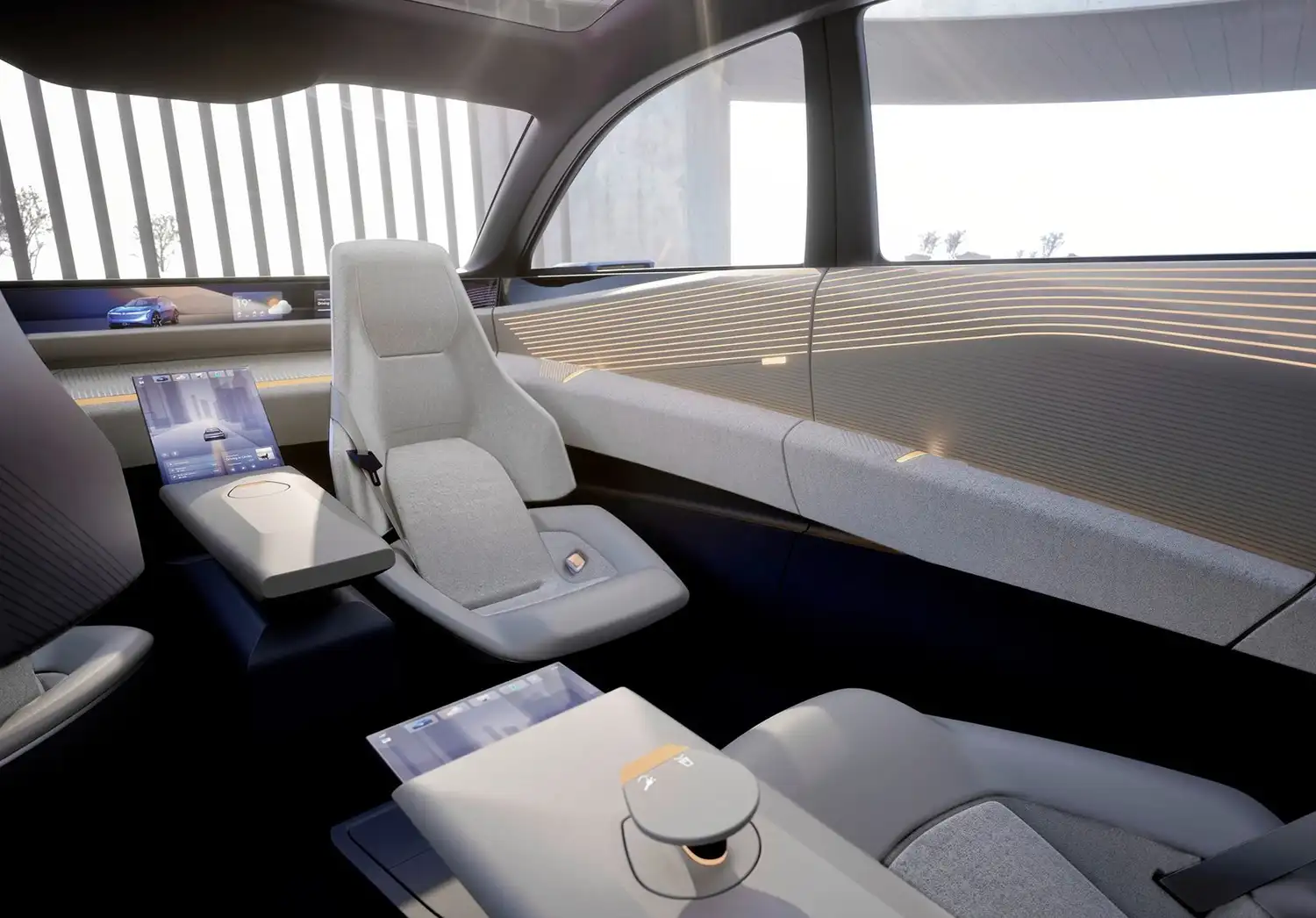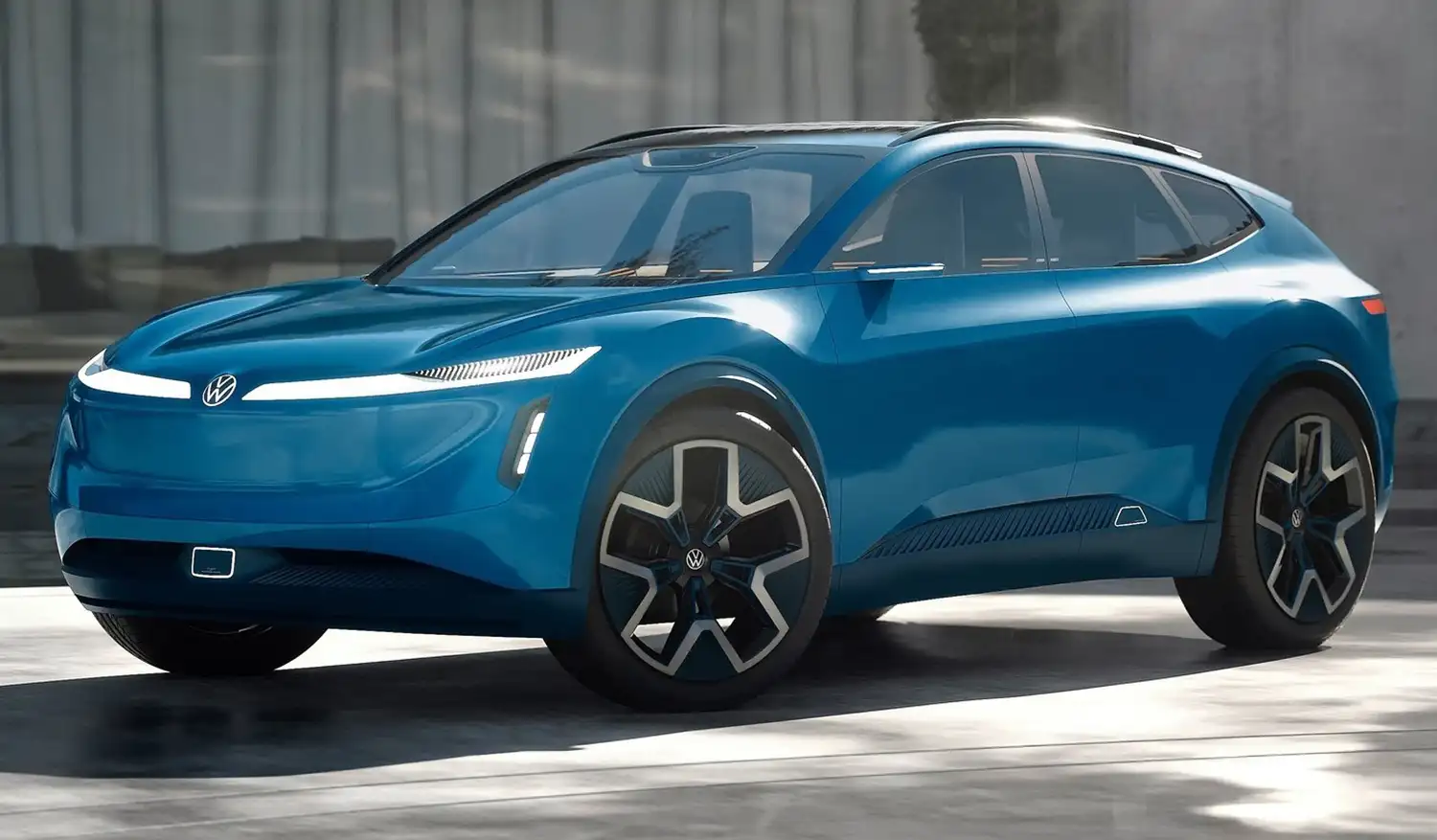
Volkswagen is making significant strides with its “In China, for China” strategy, aiming to align more closely with the specific demands of customers in the world’s largest automotive market. The ID.CODE design show car, making its world premiere at Auto China 2024 in Beijing, is a testament to this commitment. It offers a glimpse into a large electric SUV designed for Level 4 fully autonomous driving. This innovative design is part of Volkswagen’s newly launched progressive sub-brand, ID.UX, targeting younger, lifestyle-oriented customers in China.
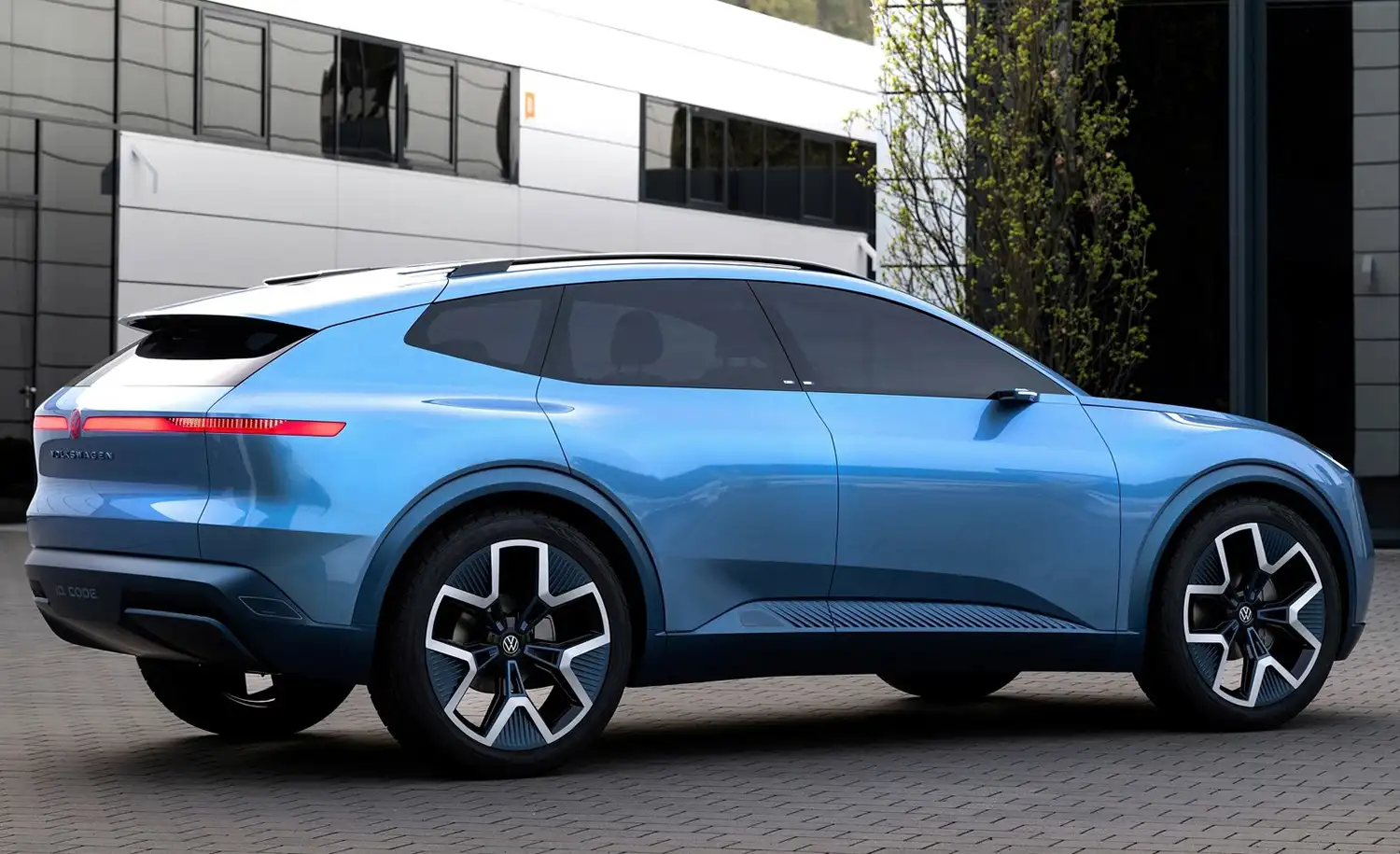
A Rich Legacy and a Bright Future
“The Volkswagen brand can already look back on 40 years of success in China, and we are continuing this success story into the new mobility era, thus confirming the trust of our Chinese customers,” remarked Thomas Schäfer, CEO of the Volkswagen brand. The revamped strategy for China rests on three pillars: an expansive product portfolio to accelerate electrification, a brand and design language tailored for the Chinese market, and local technical development with Chinese partners to hasten innovation. “The ID.CODE gives a first preview of the future of VW in China: with a new design, a new technology standard, and a holistic brand experience – specifically oriented to the needs and wishes of our Chinese customers. We are ushering in a new era of mobility in China, together with our Chinese partners,” added Schäfer.
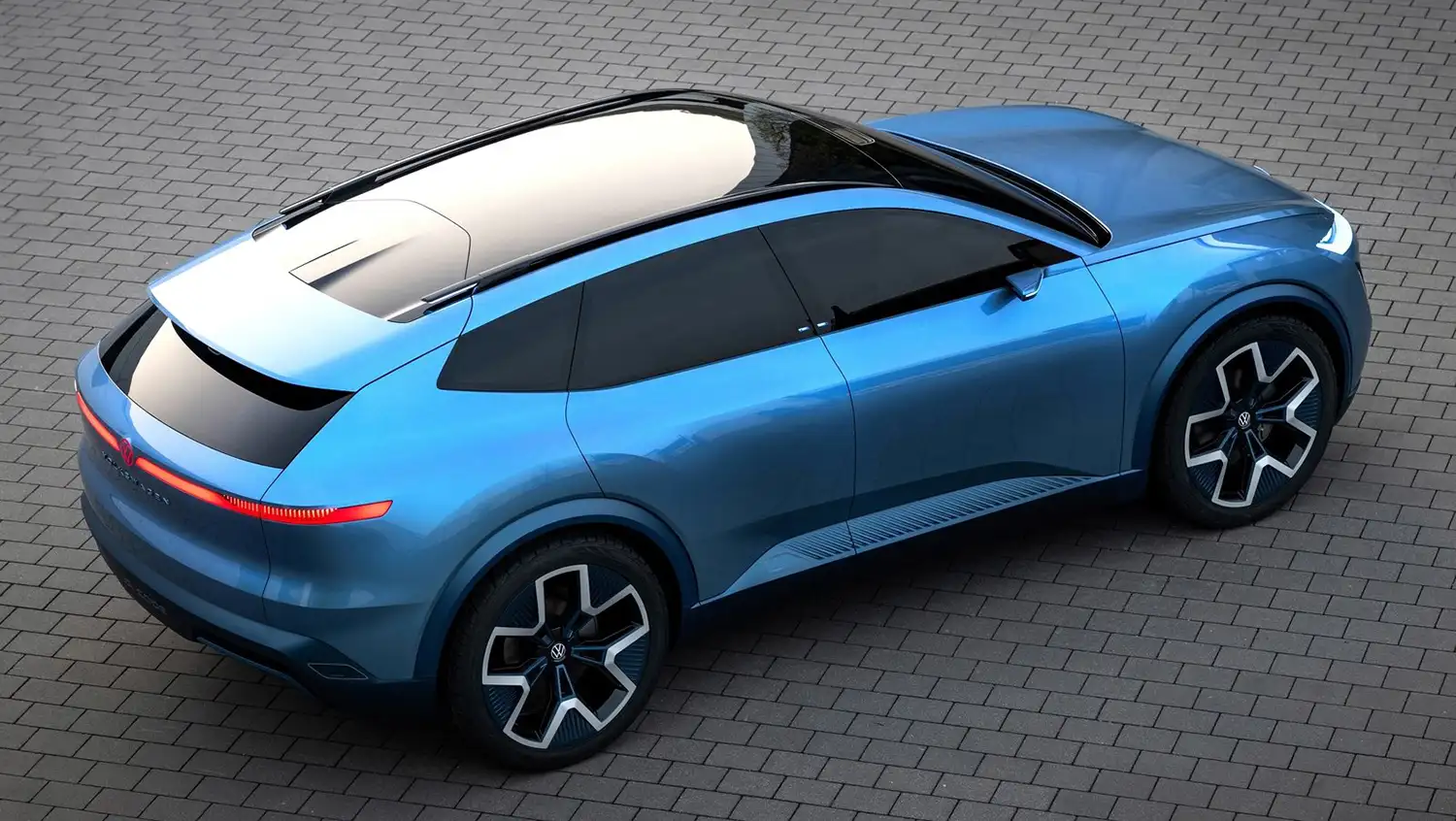
Unveiling the ID.CODE at Auto China 2024
The ID.CODE, making its world debut at Auto China 2024, serves as a harbinger of Volkswagen’s new design language and technological advancements. Developed with Chinese customers in mind, the concept car boasts powerful, clear, and fluid surfaces reminiscent of a Gran Turismo. The exterior also doubles as a canvas for next-generation AI-assisted light and display systems. Inside, the ID.CODE blends the real and virtual worlds to create a unique mobility experience, offering both conventional driving and Level 4 autonomous driving modes.
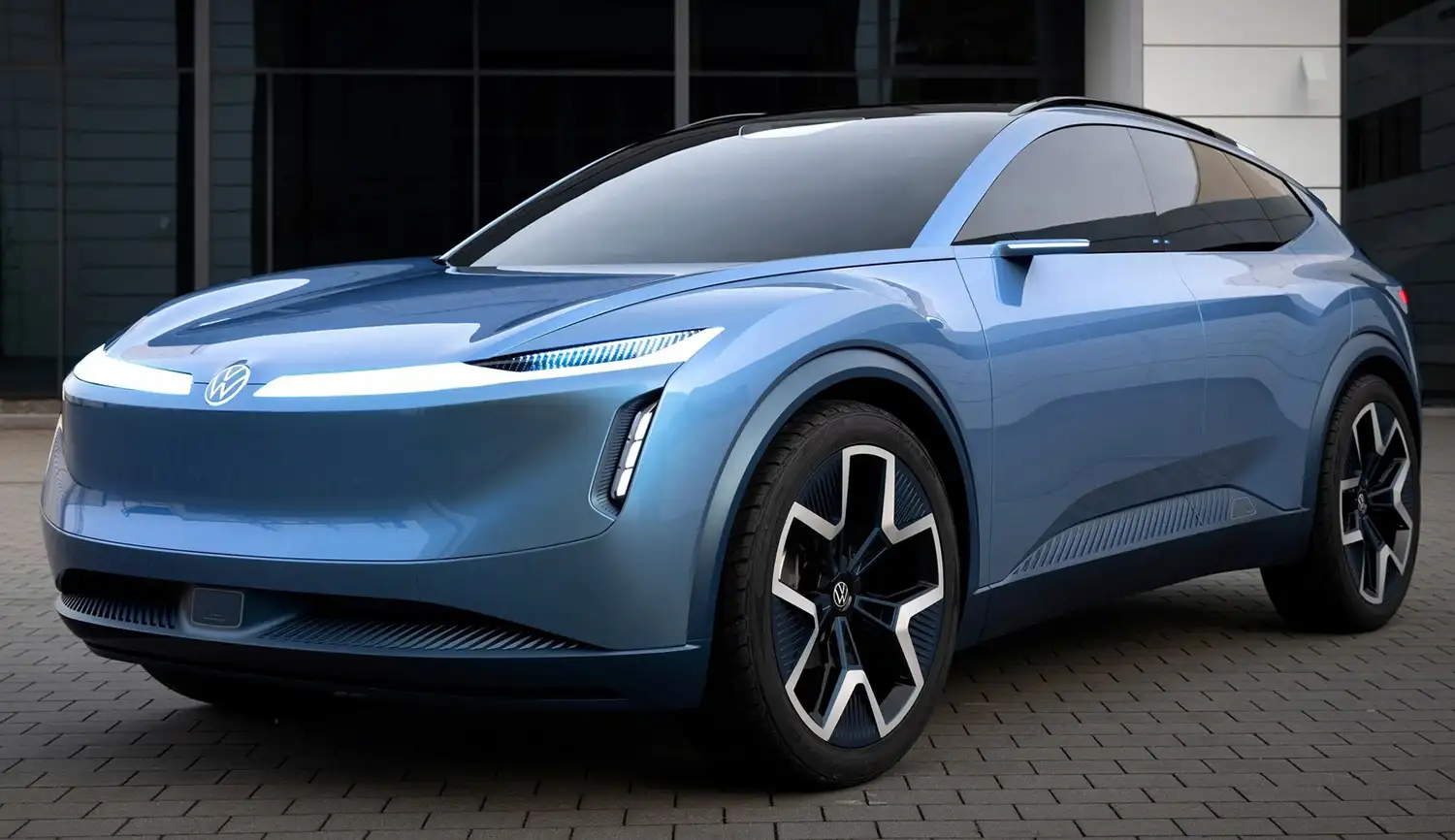
Expanding the Product Portfolio for China
By 2030, Volkswagen plans to expand its ID. family to include 16 models, including five EVs from the ID.UX sub-brand, set to debut by 2027. Volkswagen will also introduce electric versions of its ICE models gradually, aiming to launch 12 new ICE models and six hybrids by 2030. To cater to the diverse needs of Chinese customers, Volkswagen will complement its established MQB and MEB vehicle architectures with local platforms, such as the collaboration with XPENG. Additionally, the Hefei-based Volkswagen China Technology Company (VCTC) is developing the Group’s first electric platform specifically for China, aiming to build at least four additional models for the electric entry-level segment on the China Main Platform (CMP) from 2026.
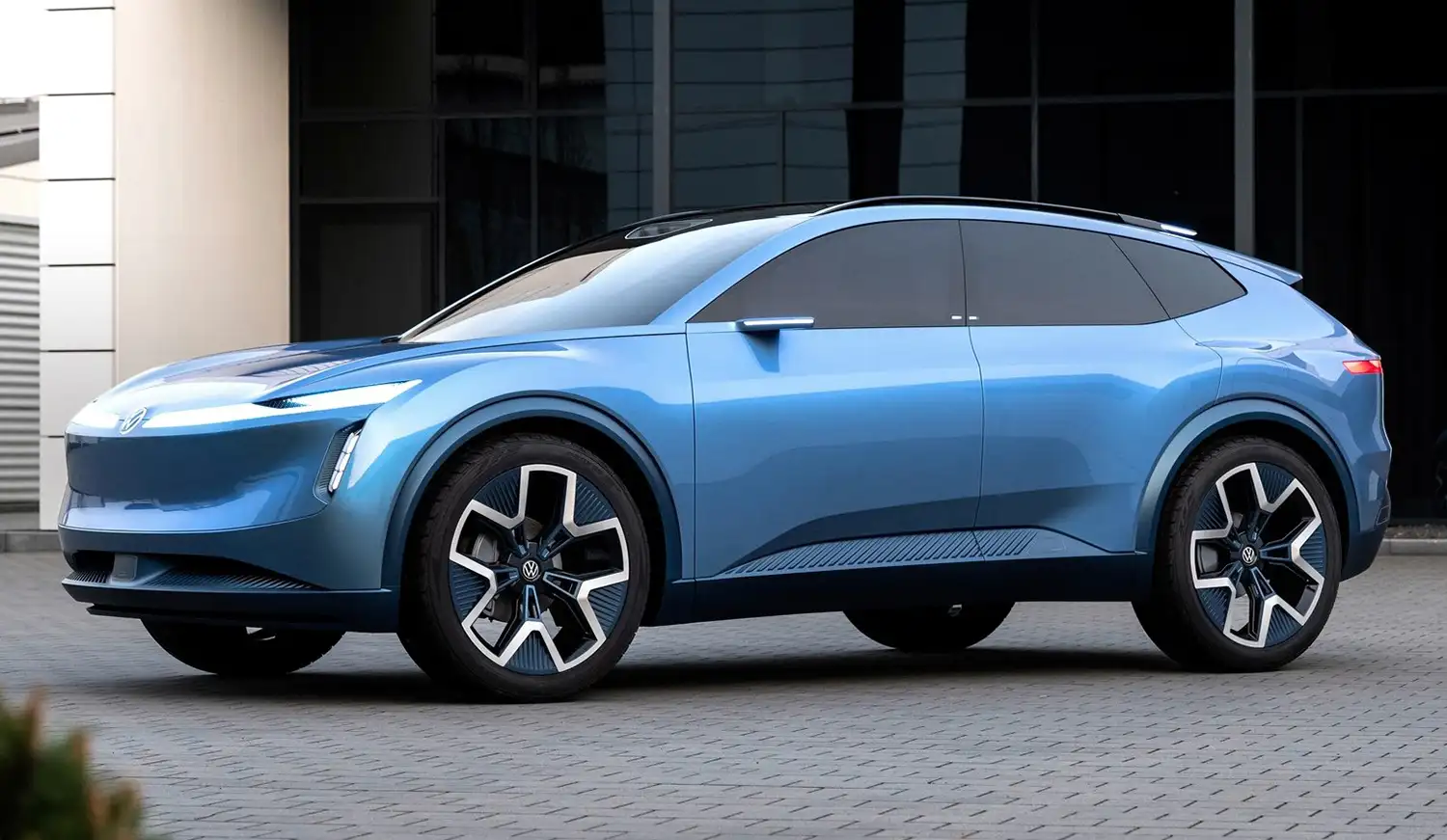
Introducing the All-Electric ID.UX Sub-brand
Volkswagen is broadening its EV offerings for new customer groups in China with the ID.UX sub-brand. Combining traditional VW virtues with a lifestyle-oriented design DNA, ID.UX features a progressive exterior design and a driver-centric interior with a new display and operating concept (HMI) tailored for younger customers. The inaugural ID.UX model, the ID.UNYX, is set to hit the market in 2024.
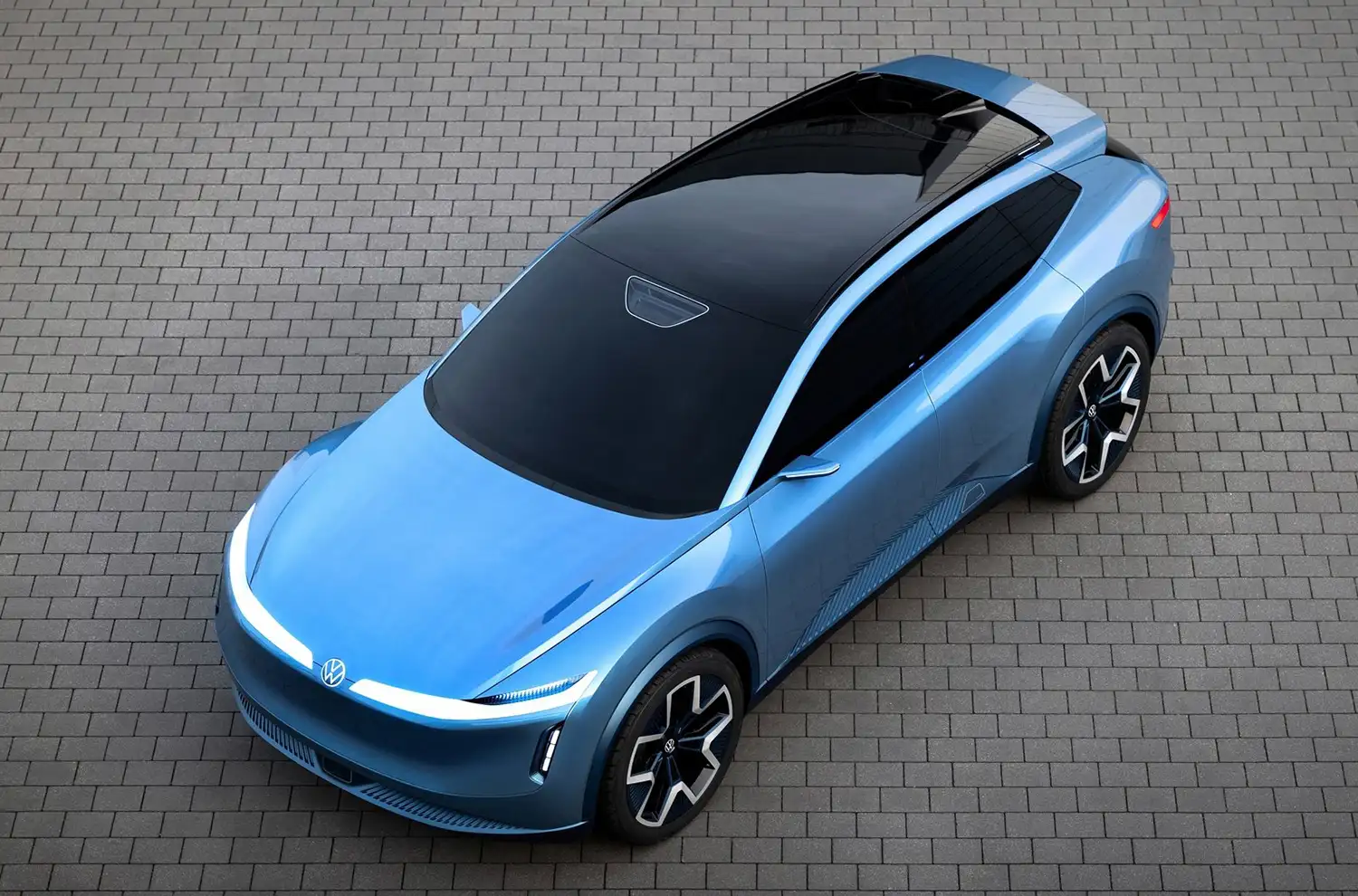
Strengthening Local Development for Greater Innovation
Volkswagen is fortifying its ecosystem of production, development, procurement, and battery production in China. By the end of 2024, the number of employees at the R&D site in Anhui is expected to reach 3,000 experts. To achieve significantly shorter development cycles, Volkswagen is intensifying localization efforts and integrating Chinese partners such as XPENG, Horizon Robotics, and Thundersoft into the development process. Collaborative efforts with XPENG aim to introduce two new mid-class vehicles by 2026. Meanwhile, the CARIZON joint venture with Horizon Robotics and the CARThunder joint venture with Thundersoft are focused on developing innovative systems for autonomous driving, infotainment, and connectivity.
With these strategic moves and the introduction of the ID.CODE and ID.UX sub-brand, Volkswagen is poised to redefine the future of mobility in China, demonstrating its commitment to innovation, localization, and customer-centricity.
This Article use tools from Chatgpt
